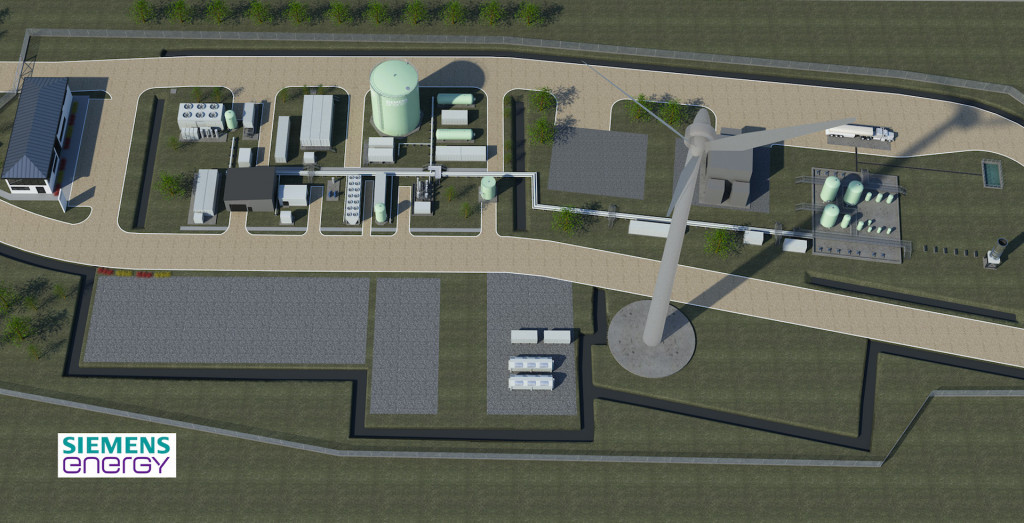As electrification gains momentum, automakers like Porsche are looking to synthetic fuels as a way to keep the internal-combustion engine alive. Proponents claim these fuels will offer lower emissions than conventional fossil fuels, and will be compatible with current gasoline cars. But is it too good to be true?
Jason Fenske, host of the YouTube channel Engineering Explained, thinks so, and in one recent video he laid out a few reasons to be skeptical of synthetic-fuel claims.
Synthetic fuels are supposed to be better than gasoline or diesel because they are allegedly carbon neutral. The production process involves capturing carbon and combining it with other elements. Ideally, carbon capture would cancel out the emissions from actually burning the synthetic fuel.
One problem with this is the amount of energy needed to create synthetic fuel. If the energy used doesn't come from renewable sources, synthetic fuel is no cleaner than gasoline. That's backed up by a study published earlier this year, which said synthetic-fueled vehicles may cause more carbon emissions than battery-electric vehicles, in part because producing synthetic fuels requires more electricity than charging a fleet of EVs.

Artist's impression of Haru Oni synthetic fuel pilot plant
Synthetic fuels also require similar infrastructure to fossil fuels for production and transportation, making the whole process inherently less efficient than charging an electric car. Fenske concludes that synthetic fuels might be a better fit for aviation or marine applications than cars—something we've noted in a range of pieces on the topic, pointing to the simple math of energy density and the great weight of bringing enough battery cells along for the ride.
There is still quite a lot enthusiasm for automotive synthetic fuels, however. Startups have sprouted over the potential viability of synthetic fuels in the laboratory, attracting the interest of automakers like BMW and McLaren.
Porsche recently claimed that synthetically-fueled vehicles can be as clean as EVs (based on lifecycle emissions), and the automaker is backing a synthetic-fuel plant in Chile. However, Porsche CEO Oliver Blume has admitted that synthetic fuel is currently much more expensive than gasoline.
So with California's shift away from internal-combustion vehicles by 2035 and the Biden administration's target for 50% BEVs, plug-ins, and fuel-cell models by 2030, is there a place for synthetic fuels?












